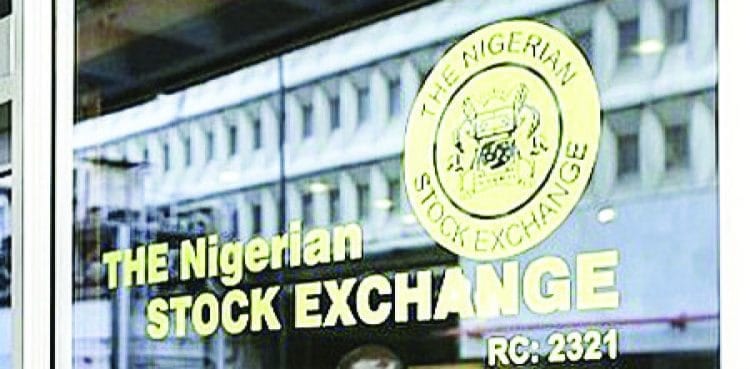The Chief Executive Officer of the Nigerian Stock Exchange, Mr Oscar Onyema, stated on Tuesday that the Federal Government of Nigeria raised over N2.36tn from the capital market in 2020.
According to him, the Federal Government issuances amounted to 92 per cent of total bond issuances in the market.
Onyema noted that corporates also leveraged the low yield environment to fund expansion objectives and pursue debt refinancing, raising a total of N192bn.
“Capital-raising activities in the fixed income market increased significantly in 2020. The NSE’s bond market capitalisation rose by 35.52 per cent from N12.92tn in 2019 to N17.50tn,” he said.
While delivering his presentation, Onyema stated, “The year 2020 was indeed a historic one for global capital markets. Facing buffeting headwinds, world markets saw sharp swings and steep losses, but largely remained resilient and orderly amid rising uncertainty.
“For the Exchange, renewed investor optimism coupled with improved economic conditions and low fixed income yields, propelled a year end bull run. Of 93 global equity indices tracked by Bloomberg, the NSE All Share Index emerged the best-performing index in the world, surpassing the S&P 500 (+16.26 per cent), Dow Jones Industrial Index (+7.25 per cent) and other global and African market indexes, to post a one-year return of +50.03 per cent.”
Commenting on product performance, Onyema said, “The Nigerian equities market got off to a strong start in 2020, returning 10.4 per cent by the eighth trading session. By October, the equities market entered a much-awaited bull run.
“Buoyed by the formal declaration of the US president-elect, unattractive fixed income yields and better-than-expected corporate earnings, the NSE ASI recovered from Q1’20, to close the year at 40,270.72 (+50.03 per cent) and erase losses of -14.90 per cent recorded in 2019.
“During its remarkable year end run, the ASI gained 6.23 per cent in a single trading session which triggered a 30-minute halt of trading on all stocks for the first time since the NSE Circuit Breaker was introduced in 2016 to safeguard market integrity in periods of extraordinary volatility.
“At the close of the year, the NSE’s equity market capitalisation was up by 62.42 per cent, from N12.97tn in 2019 to N21.06tn in 2020 while market turnover saw an uptick of 7.25 per cent, from N0.96tn in 2019 to N1.03Tn in 2020.
“Although Initial Public Offering activity was mute, the value of supplementary issues increased dramatically from 2019, rising by 851.37 per cent to N1.42tn, from N148.77bn.
“Also noteworthy is that for the second consecutive year, equity market transactions were dominated by domestic investors who accounted for 65.28 per cent of market turnover by value (retail: 44.98 per cent; institutional: 55.02 per cent) while foreign portfolio investors accounted for 34.72 per cent.”
He said the NSE would consolidate on the benefits of demutualisation in the coming year.
Onyema revealed that the NSE intends to aggressively pursue cutting-edge products and services, access new markets and deliver better value to its valued stakeholders.
“The year has started on a positive note as the ASI has already returned 2.0 per cent after 11 trading sessions. We expect the marginal reopening of businesses, normalisation of the economy and revenue-diversification drive of the Nigerian government to elicit positive sentiments throughout the year.” He said.
Onyema further stated that the growth expectations should be noted with caution, as the recent second wave of COVID-19 in Nigeria and globally, may slow down renewed social and economic activities.
As the NSE transitions to a demutualised exchange group, the appointments of Mr. Temi Popoola as the CEO of NGX and Ms Tinuade Awe as CEO of NGX REGCO were recently announced. The NSE believes that these appointments will support its vision to be ‘Africa’s preferred Exchange Hub’ and looks forward to consolidating on the benefits of demutualization in the coming year.

